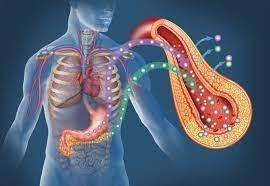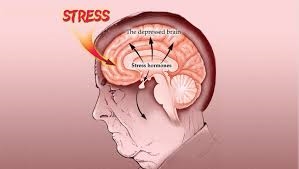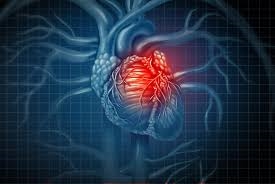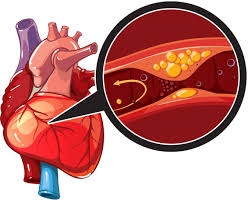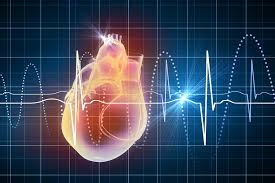Monkeypox
What is Monkeypox Monkeypox is a viral zoonotic disease caused by the monkeypox virus, which is classified within the Orthopoxvirus genus. This virus is closely related to the variola virus, responsible for smallpox, but monkeypox typically presents as a less severe illness. The history of monkeypox dates back to its initial identification in laboratory monkeys…
Read more


